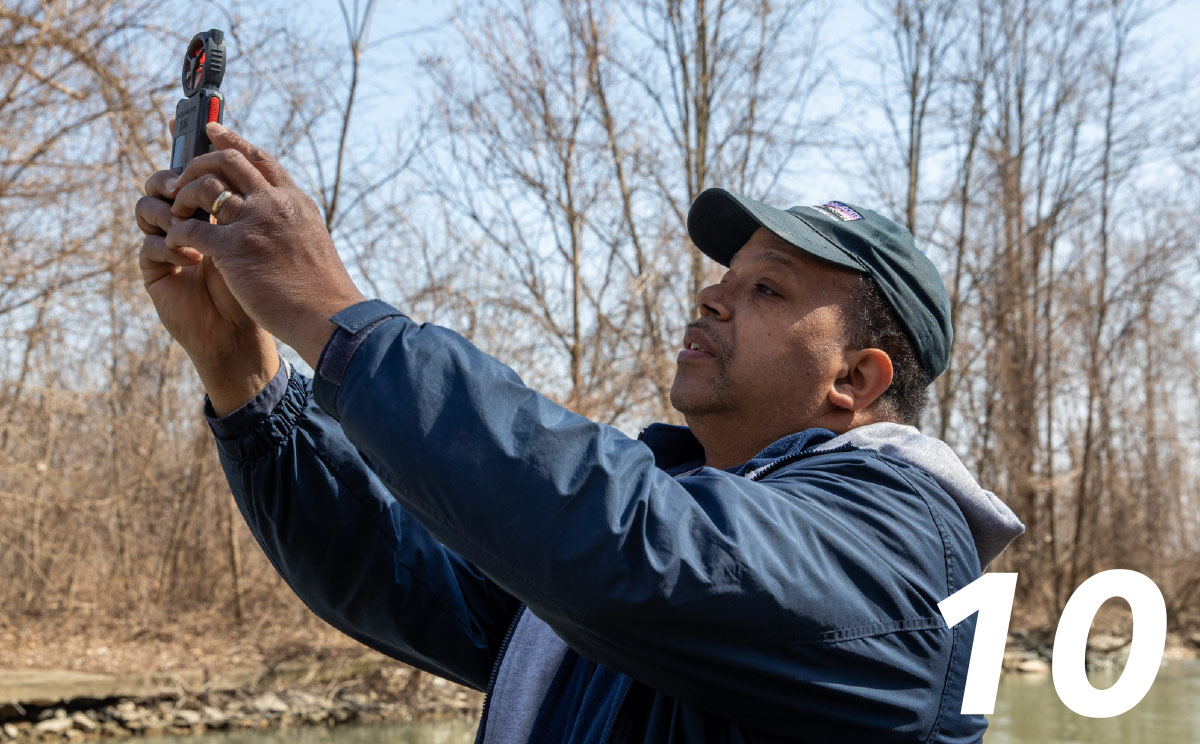
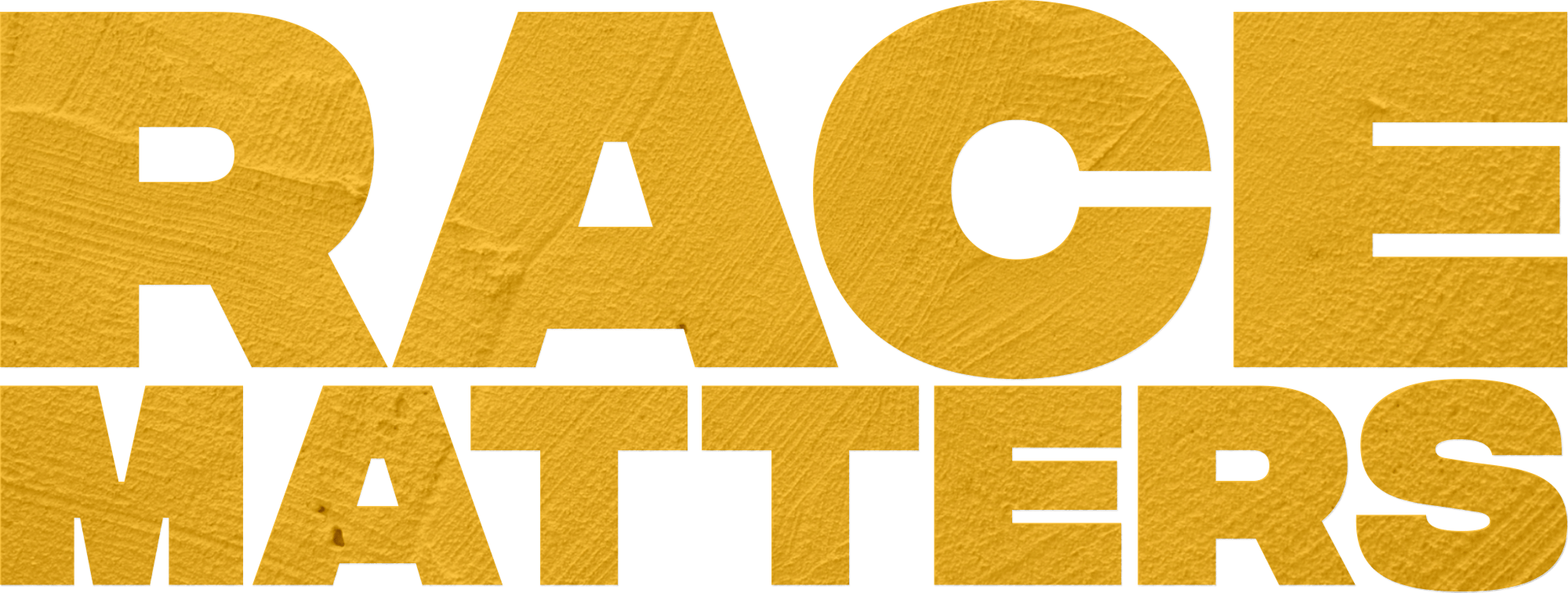
issues drive
conversations
throughout the
country, President
M. Roy Wilson sits
down for a frank
discussion about equity,
education and ensuring
access for all.
Darrell Dawsey, editor-in-chief
Katie McMillan
Shawn Wright
DESIGN
Matthew Balcer
Joseph Bowles
PHOTOGRAPHY
Paul Hitzelberger
Have an idea for Warriors magazine?
Contact us at engaged@wayne.edu.
Wayne State University Board of Governors
Marilyn Kelly, chair
Mark Gaffney, vice chair
Bryan C. Barnhill II
Michael Busuito
Anil Kumar
Terri Lynn Land
Shirley Stancato
Dana Thompson
M. Roy Wilson, ex officio

Letter From Dr. Chamblee

But as you can see by our cover, we’ve asked President Wilson to weigh in even more than usual this time around, with an extensive interview about an issue that has dominated conversation around the country — and our campus — the past year perhaps more than any other, save COVID-19: race. In a moment when racially charged matters such as health disparities, voting rights and police accountability continue to animate our national dialogue, his perspective couldn’t be timelier (Page 6).
At Wayne State, we center diversity and inclusion as key values in our institution and vital objectives in our organizing and planning efforts. As the university’s chief diversity officer, I’m often tasked with finding ways to express those values and promote those objectives.
And collectively — from administrators and instructors to staff and students — the university community continues to strive to ensure that equity, inclusion and diversity remain embedded in all that we do.
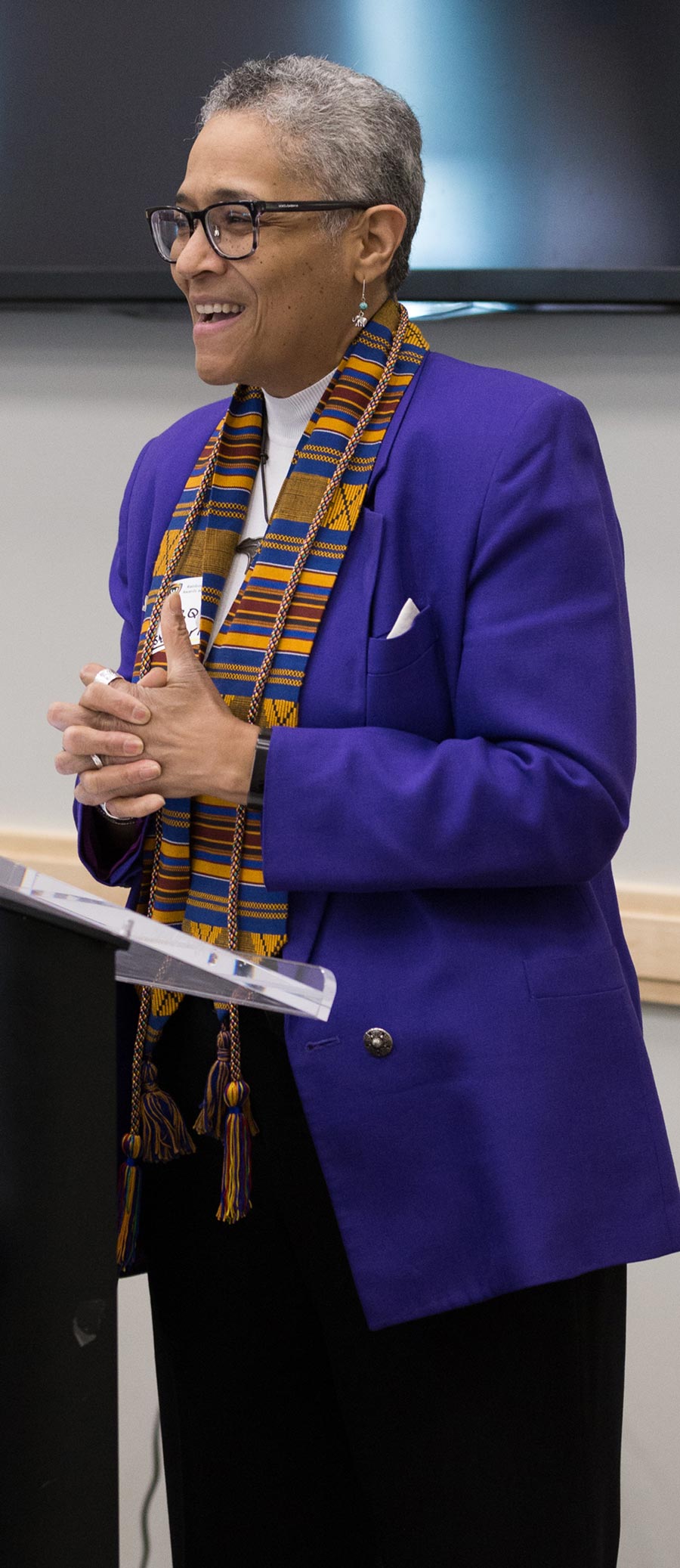
‘My Kinky Hair is Beautiful’
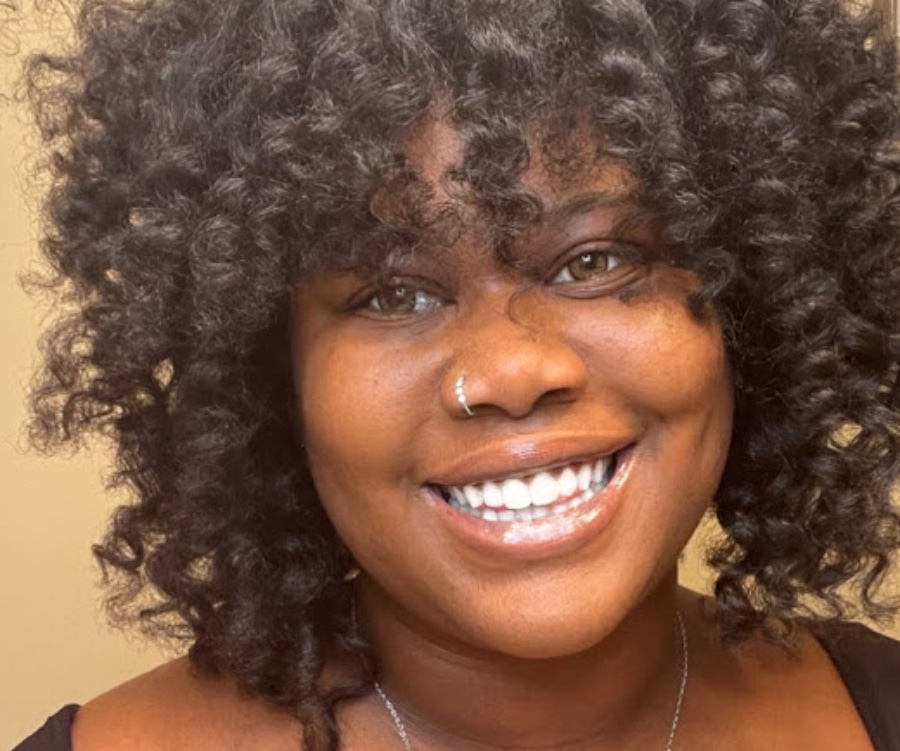
Whitfield’s work, which was presented at the annual Graduate Research Symposium, is based in part on interviews with other Black women about their experiences with their hair. The present study takes an autoethnographic approach that reflects on Whitfield’s own experiences deciding how to wear her hair to her first national conference.
“As a Black woman, whether I choose to wear my hair natural in an afro, or style it in locs, braids, or wear a weave, I’m sending a message to the world about my identity,” she said. “That choice can be conscious or unconscious and can also be a political statement or an act of empowerment. There are lots of cultural generalizations for Black women that can be made from this choice.”
news briefs
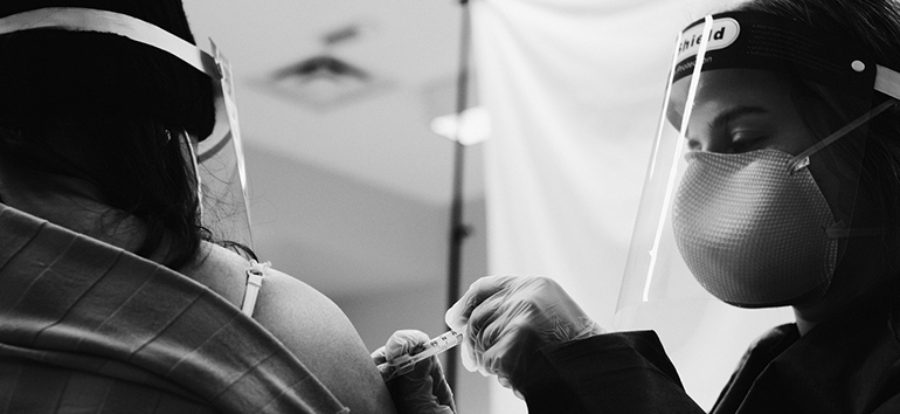
Students, faculty assist Detroit’s vaccination effort
In partnership with the Detroit Health Department and Henry Ford Health System, Wayne State students spent several weeks volunteering more than 2,100 hours to administer COVID-19 vaccines directly to Detroit’s most vulnerable populations, including the residents and staffs at homeless shelters, nursing homes and senior apartment complexes.
“We are providing vaccines to the community of people we serve, which is vital to build a community between providers and patients,” said medical student Samantha Katz. “This is affecting me because I am able to remember how much I enjoy patient care, and it reminds me of why I decided to become a physician in the first place.”
Race Matters
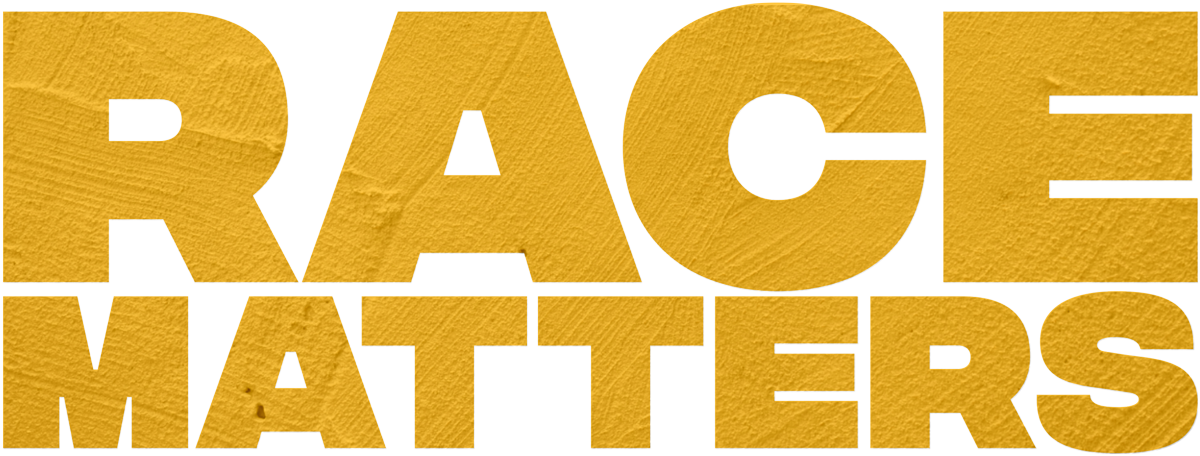
Let’s start broadly. Generally speaking, how would you describe the racial climate on campus, especially as it pertains to students of color and — given the university’s place in the heart of a majority Black city — African American students in particular?
To this end, I asked the Associate Provost for Diversity and Inclusion and Chief Diversity Officer Marquita T. Chamblee to conduct a broad campuswide climate survey. In 2018, the survey was sent to all faculty, staff and students at Wayne State, and the results were published and shared in a town hall a year later. Overall, people felt very positive about the climate: People chose to come to Wayne State because of the diversity here, and they value our diverse community. They also indicated a feeling of belonging to the campus community and expressed being happy to be a student, staff or faculty member here. People also felt it was very important that we are committed to building a diverse community and generally felt like we are doing a good job with that.
Call of the Wild


As a kid growing up in Detroit, he would join his classmates for regular outings with his teacher at Courville Elementary School, the group strolling through the neighborhood and scanning the treetops as they listened intently to a chorus of chirps.
“I loved that, when we would go outside and listen for the sounds of the different birds,” Reed recalled recently. “We would try to figure out which bird made which sound. I can remember that being one of the first places I really began to take an interest in animals. My mother spent some of her hard-earned dollars to buy my sister, my brother and I a set of encyclopedias that was the top education support material back then — there was no internet.”
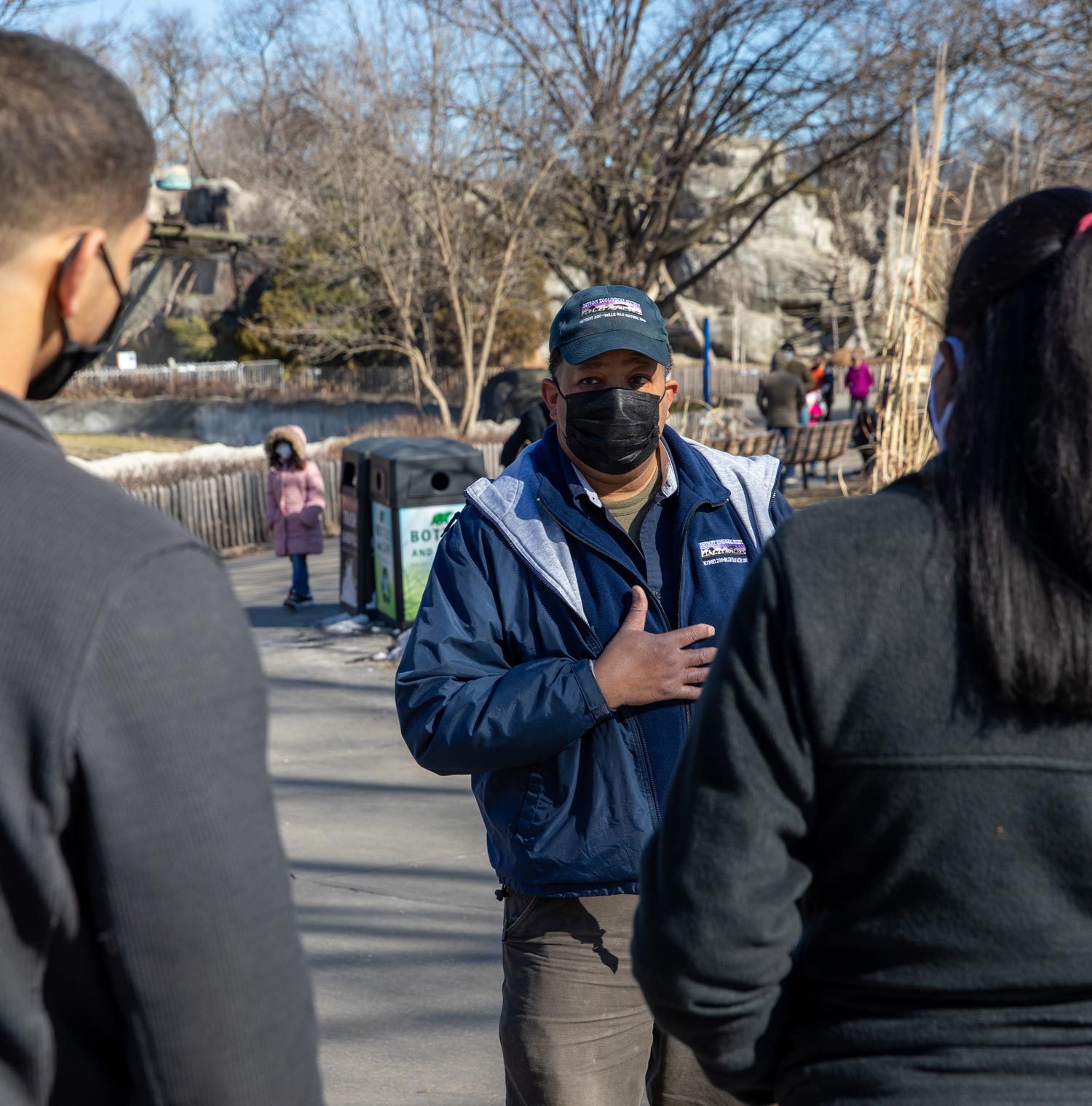
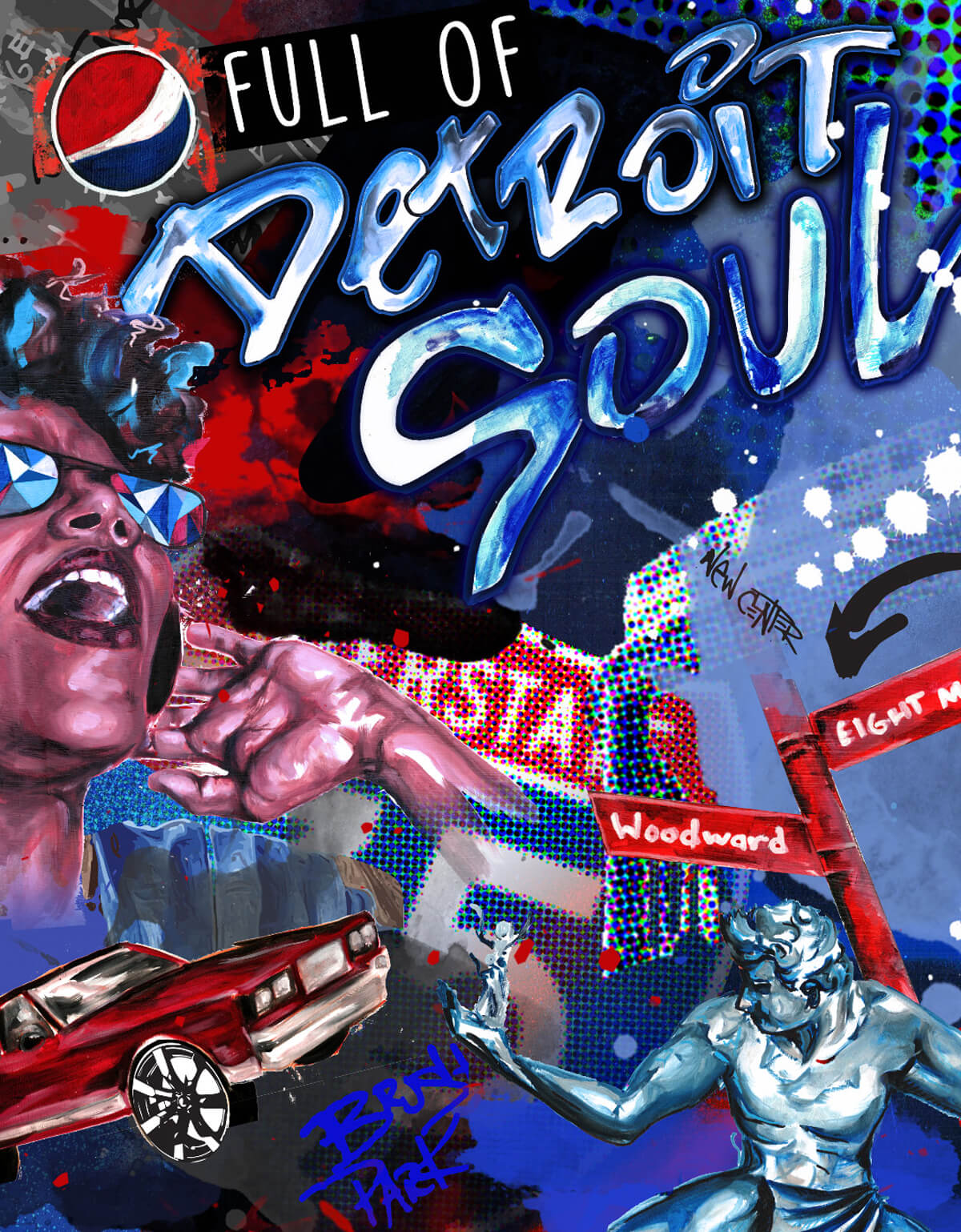
Every picture tells a story
rowing up on Detroit’s east side, Desiree Kelly watched countless buildings be remodeled during her walks to school. Seeing each structure be torn down only made her want to preserve it — and the history — even more.
Her Islandview neighborhood on Beals Street is also where the renowned local artist and Wayne State University alumna’s love of portraiture was inspired, with the city’s backdrop serving as a major source of inspiration. For Kelly, everything that comes out of her head and leaves through her fingers is Detroit.
“It has truly been a long journey,” said Kelly, 31. “A very authentic, Detroit journey — from growing up on the east side and wondering how I would make it out of that neighborhood. Everything I do is inspired by that environment.”
Access Provider
win brothers Jerry and Lewis Graham have spent their entire lives taking steps together. But when the native Detroiters began their journey into professional medical careers, it seemed at first that the two men might finally be heading in different directions.
After both earned their bachelor’s, Jerry Graham Jr. took a job as a clinical researcher at the Head and Neck Oncology Clinic for the Rogel Cancer Center at Michigan Medicine.
Meanwhile, Lewis — who had also worked at Michigan Medicine as a hearing aid technician for its Pediatric Audiology and Otolaryngology Clinic — found himself on the fast track to medical school.
A chance conversation with an alumna of the Wayne State University School of Medicine had inspired Lewis to check out a new opportunity, one that would connect him to the medical school and the resources that he’d need at no cost. Not only did Lewis leap at the opportunity, but he also encouraged brother Jerry to follow him into the program a year later.
The Graham twins made their way into the School of Medicine’s Post Baccalaureate Program, a specialized, non-degree-granting curriculum that, for more than 50 years, has helped guide hundreds of African American and other traditionally underrepresented students through the School of Medicine and into successful careers as doctors.
Trauma and Trust

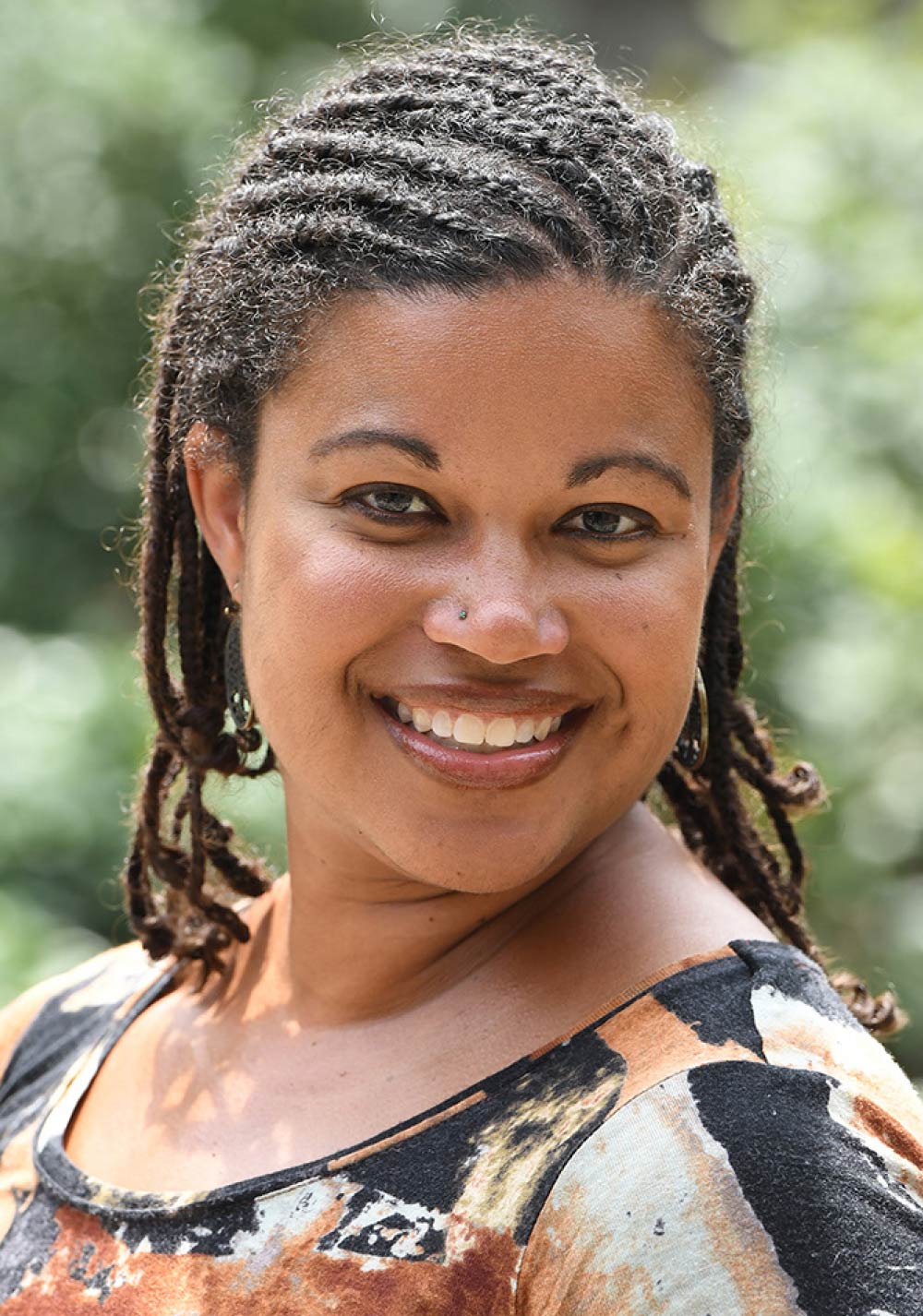
“Interpersonal violence — including child sexual abuse, bullying, domestic violence and rape — happens to and around kids, at points in their lives that are fundamental to shaping who they are, who they will become and what they believe the world to be,” said Gómez, a trauma psychologist and assistant professor in the Department of Psychology and the Merrill Palmer Skillman Institute for Child & Family Development (MPSI). “On a societal level, the protection of children and adolescents is lacking, as evidenced by the United States’ refusal to ratify the United Nations Convention on the Rights of the Child.” The United States is the only member of the United Nations that has not ratified the treaty.
Now, Gómez is fulfilling her childhood promise by teaching students in the classroom about interpersonal violence and trauma and conducting research as the principal investigator in the HOPE Lab at MPSI. The lab conducts research within the framework of Gómez’s cultural betrayal trauma theory, in which she proposes that the outcomes of within-group violence is compounded by inequality in many ways.

Continental rise
fter more than a decade of interviews and research, the documentary film African Democracy: Hopes and Challenges — an expansive examination of the foundations and development of democratic rule on the world’s second-largest continent — recently made its debut.
The culmination of an 11-year journey across Africa by former Wayne State University President Irvin D. Reid, Ph.D., and various teams of WSU student researchers, the documentary revolves around extensive conversations with nearly a dozen current and former African leaders regarding the struggle to establish democratic norms in areas such as human rights, economic sustainability and environmental policy.
The film also scrutinizes the issue of democracy through the eyes of many of the students who worked with Reid on the project, forcing them to confront stereotypical American views and expectations of African governments.
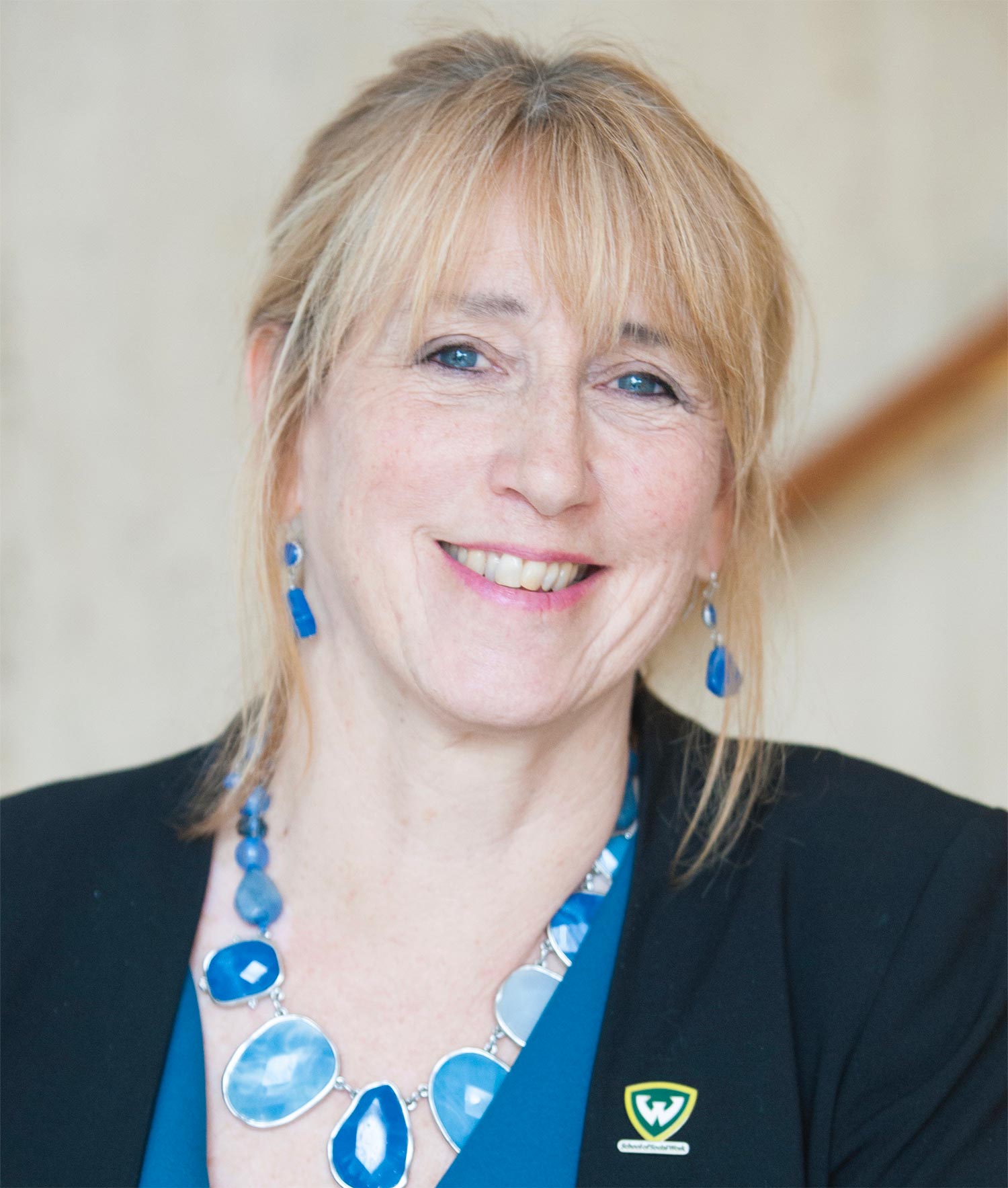
EngageD Q&A
Now, Sheryl Kubiak, who took over as the school’s dean in 2018, has plans to build on that legacy even further. Kubiak, who established the Center for Behavioral Health and Justice — a programmatic effort to facilitate conversation and decision-making in areas such as mental health, substance use disorders and criminal justice — has leaned with full force into the school’s long-standing social justice mission, tackling health disparities, challenging the school-to-prison pipeline, fostering healthy families in disadvantaged communities and confronting many other hurdles facing the city’s underserved populations. Recently, Kubiak shared some thoughts about her mission, goals and most recent triumphs.
What brought you to Wayne State?

